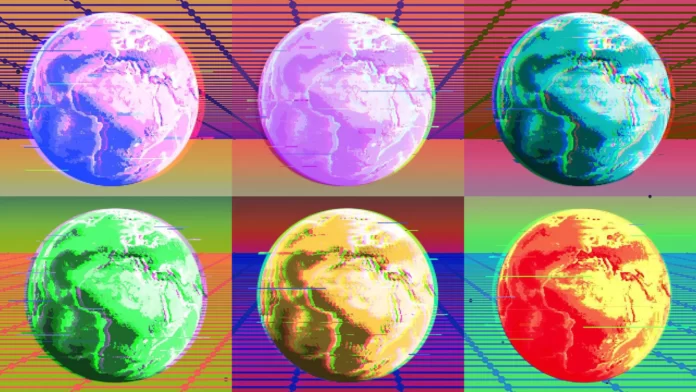
What is the metaverse anyway? Good question! In fact, it’s not even clear if it’s one world, or a word meant to include all of the distinct virtual places being created by different projects. The answer will have big implications.
Why it matters: A lot of folks spend an ungodly amount of time online already. But technologists believe we will spend even more once they make it extra immersive using 3D, super social worlds to do things like shop, see concerts and attend conferences.
If you’ve seen the movie Ready Player One, that’s what it’s about (confession: I have not — but I get it).
The intrigue: If every big crypto community shared one virtual world, they might become a whole greater than the sum of its parts. Someone might enter to check out one community and wander over to another. That’s happening, but only a little.
Details: Atlantis World is a 2D world that many Ethereum-oriented projects have backed to build out a shared universe.
A bunch of B-list NFTs have come together to build a shared universe for cute digital collectible fans.
Some entrepreneurs saw the metaverse coming years ago. Projects like Decentraland and CryptoVoxels were built as 3D spaces where others could come in and build.
Brands like Tommy Hilfiger and Dolce & Gabbana participated in a Metaverse Fashion Week inside Decentraland, for example.
Quick take: I tried to go make a visit to Decentraland for this report but got immediately frustrated doing so. It ground my laptop to a halt almost immediately and I just couldn’t stand it.
This is not my first time trying a space like that. I’ve never enjoyed it, but I hear some do 🤷♂️.
Yes, but: Every time an NFT project gets big enough, it seems to want to build a standalone virtual world.
There is Otherside. Yuga Labs just made several hundred million dollars selling parcels in the new virtual world meant to build on the popularity of the Bored Ape Yacht Club, the most valuable set of NFTs out there.
Axie Infinity, the Pokemon-like game that brought in over a billion dollars in revenue last year, which has had land from the beginning.
Illuvium, a game that word on the street says has a lot of top-tier gaming talent behind it, announced prices for an upcoming land sale yesterday.
How it works: A lot of people ask how land in an infinite universe can be valuable. The answer: proximity. It’s not how much land there is, but the limited space near popular areas.
The U.S. both has a ton of empty land and some of the most expensive real estate in the world. The metaverse is no different. It’s “location, location, location” there too.
Parcel is a marketplace that helps buyers assess the attributes of land they might want.
Quick take: If every project gives into the temptation to snag millions off a land sale, then they are going to have an incentive to be protective of their users and try to make it hard for them to move their stuff to other worlds. That looks a lot more like Web2 than Web3.



































